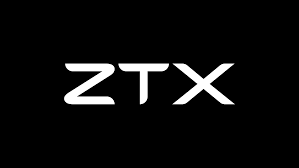As technology continues to evolve at an unprecedented rate, regulators are struggling to keep up. Margrethe Vestager, the executive vice president of the European Commission for a Europe fit for the digital age, and commissioner for competition since 2014, has urged businesses and lawmakers to consider the implications of emerging technologies like the metaverse and ChatGPT.
Speaking at the Keystone Conference, Vestager emphasized how the shift to a digital economy has brought both risks and opportunities for everyone.
However, she also warned that legislation lags behind technological advancements and called on regulators to anticipate and plan for changes.
For example, she pointed out the need to ask what healthy competition should look like in the metaverse or how ChatGPT may change the equation.
To tackle these challenges, the European Commission will enforce antitrust investigations aimed at the Facebook marketplace and how Meta uses ads-related data from rivals starting from May 2023.
In addition, the launch of the European Blockchain Regulatory Sandbox on Feb. 15 provides a space for regulatory dialog for 20 projects per year through to 2026.
Meanwhile, European Union lawmakers are exploring the use of zero-knowledge proofs for digital IDs. This approach would allow citizens to identify and authenticate themselves online via a European digital identity wallet without relying on commercial providers, which raises trust, security, and privacy concerns.



